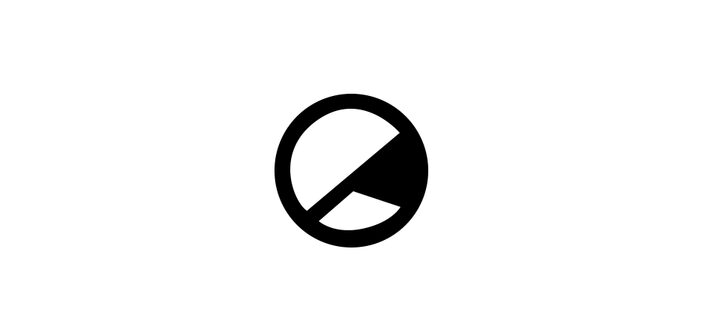In Yorgos Lanthimos’ Dogtooth, three isolated siblings surround a tape recorder which teaches them of new words, their meanings jarred and shifted from our own definitions of them. “Sea” is given the definition of a leather chair with wooden arms and “Highway” is described as a very strong wind. These are the opening images of the awkwardly but aptly titled ‘Greek Weird Wave’ which made very strong winds of its own; a movement forged in the fires of an equally absurd financial crisis which brought the nation to its knees and lifted its cinema on its shoulders.
Marked by the release of Lanthimos’ abrasive family oddity, the Greek Weird Wave’s opening act is perhaps most appropriately compared to sitting on the sea, its relaxed uneasiness forming the basis of the movement to follow. Such unease echoed through a country facing unprecedented austerity measures, the exposure of a corrupted government and a consequential disconnect between the nation and its people. Where words failed in making sense of it all, an absurd cinema with its own notion of sense offered definition to a breaking nation.
This definition was one characterised by detachment and surrealism. The films of the Greek Weird Wave are rife with an aesthetic of abstraction. Characters behave in a manner which is unfamiliar almost to the point of complete emotional alienation and scenarios are often either implausible or impossible but presented as grounded. As a result, the wave is knowingly chaotic and confusing, as chaotic and confusing as it might be to experience a Greece in crisis.
The Greek crisis would become a full humanitarian disaster in 2010. As healthcare, education and quality of life took a hit, Greece’s Weird Wave reacted. Lanthimos’ stunning 2011 Dogtooth follow up Alps addressed increases in mortality resulting from the turmoil in a suitably ‘weird’ way. A collective of performers imitate the recently deceased to assist grieving relatives in exchange for a fee; an allegory of national loss of morality and government greed. A year prior Athina Rachel Tsangari released Attenberg (2010), a film which opens to the uncomfortable external touching of tongues of its two stiff leads and follows Marina, a David Attenborough obsessed young woman who deals with the death of her father and her inability to become attached to other people. The wave produced film worlds as absent of compassion and humanity as the nation which surrounded them, surreal cinema for a surreal turn of events.
By 2015, the wave reached the peak of its surreality with Lanthimos’ English language debut The Lobster. Offering, what is for many, a way into the Greek Weird Wave, The Lobster revolves around a hotel for singles where finding love is of imminent priority. If you are to fail in your search for companionship, you are transformed into an animal of your choosing. Rooted in the importance of co-dependence in Greek society following the crisis, The Lobster is both comically rich and impossibly bleak to the point that black comedy doesn’t appear to be a dark enough colour.
It is hard to define exactly if or where the wave ends, but its legacy undeniably continues. Last year’s The Killing of a Sacred Deer boasts all of the movement’s defining characteristics with Lanthimos at the helm, Tsangari’s 2015 film Chevalier boasts a conceit dense in its allegorical material, and the reportedly wonderful and bizarre The Favourite has just received its UK release after great festival success and Golden Globe nominations to its name. Greece’s wave of weirdness is one of the most dynamic, diverse and subversive in contemporary cinema. So, as the highway blows strong, don’t remain standing, sit in the sea and experience the Greek Weird Wave.
Watch the trailer for Dogtooth below:




